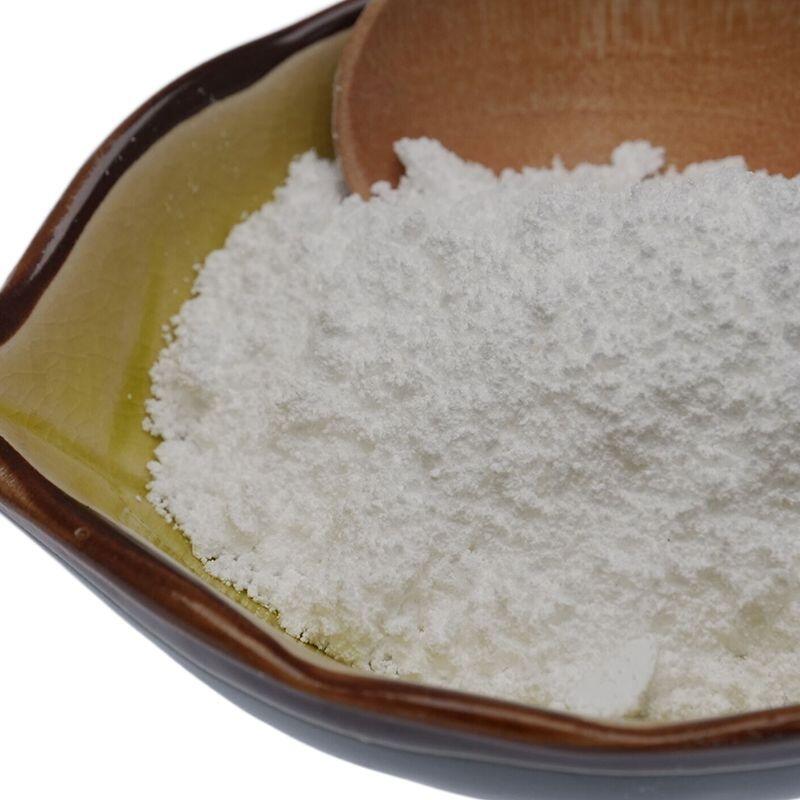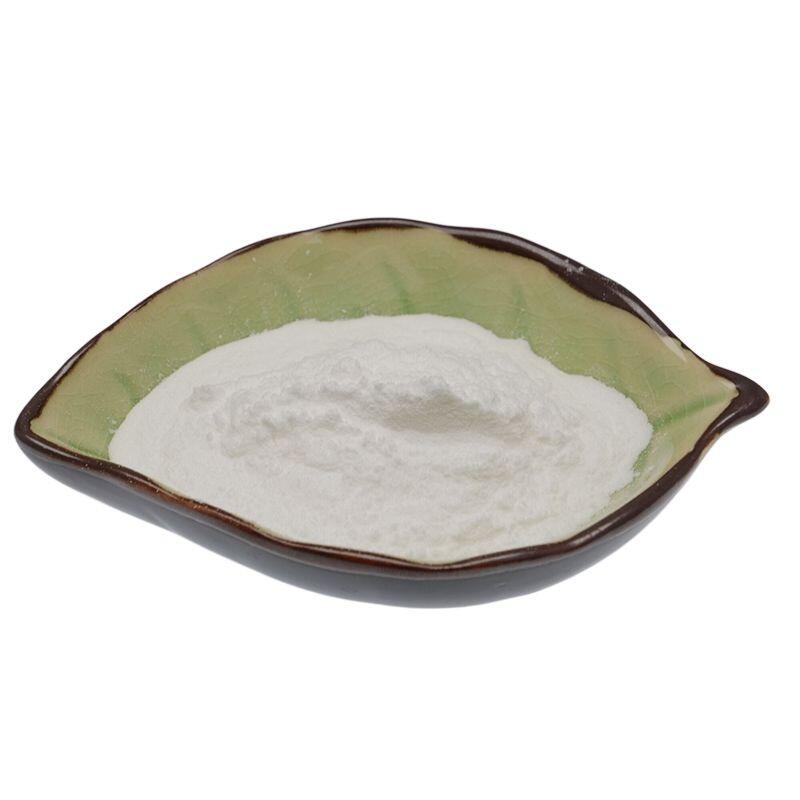-
Categories
-
Pharmaceutical Intermediates
-
Active Pharmaceutical Ingredients
-
Food Additives
- Industrial Coatings
- Agrochemicals
- Dyes and Pigments
- Surfactant
- Flavors and Fragrances
- Chemical Reagents
- Catalyst and Auxiliary
- Natural Products
- Inorganic Chemistry
-
Organic Chemistry
-
Biochemical Engineering
- Analytical Chemistry
-
Cosmetic Ingredient
- Water Treatment Chemical
-
Pharmaceutical Intermediates
Promotion
ECHEMI Mall
Wholesale
Weekly Price
Exhibition
News
-
Trade Service
In 2016, the World Health Organization (WHO) called on all walks of life to pay attention to the use of taxation and other policies to increase the sales of sugar-sweetened beverages and help consumers change their dietary choices.
An excessive amount of added sugars, especially added sugars sugary drinks, is the medsci.
For every 12 ounces/day of sugar-sweetened beverages consumed by JAMA , the risk of all-cause death increases by 11%; for every 12 ounces/day of juice, the risk of all-cause death increases by 24%.
Sugary beverages (SSB) refer to beverages with added sugar or sweeteners, including soda, sports drinks, and fruit-flavored beverages.
However, the effect of SSB on the mortality of breast cancer patients is unclear.
Researchers evaluated the relationship between SSB and all-cause and breast cancer mortality in women with primary and invasive breast cancer in the "Western New York Exposure and Breast Cancer (WEB) " study .
Among 927 breast cancer patients, 386 (54.
Compared with people who never/rarely drink SSB, quoting SSB ≥5 times per week increases the patient's all-cause mortality by 62% and breast cancer-specific mortality by 85%.
Tea or coffee may be healthier beverage choices for cancer patients, because these beverages contain antioxidants and vitamins and have higher nutritional value.
However, the researchers also pointed out that the limitation of the study is that it is an observational report, which can only suggest that there is an association between drinking SSB and the increased risk of death in breast cancer patients, but it does not indicate a causal relationship, that is to say , it is impossible to confirm drinking Sugary drinks must be responsible for the increased risk of death in breast cancer patients.
It can only suggest that there is an association between drinking SSB and the increased risk of death in breast cancer patients, but it does not indicate a causal relationship.
Regarding this "sweet" burden, whether it is for healthy people or patients, the intake of sugary drinks and other foods containing added sugars should be controlled.
references:
Koyratty N,et al.
ncbi.
Leave a message here






